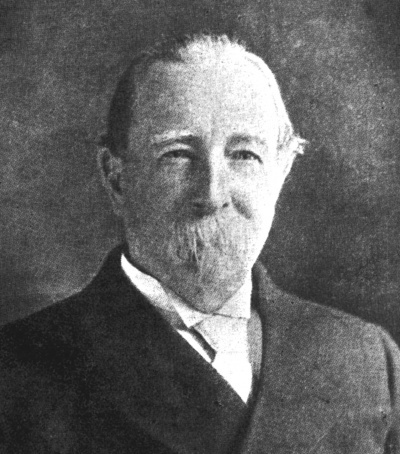Gavias Blockbuider Home Encyclopedia
Welcome to Theosopedia
 This Theosophical Encyclopedia contains all the articles of the printed Theosophical Encyclopedia published by the Theosophical Publishing House, Manila. In addition, new articles that are not in the printed version are continually being added. Many of the articles are also being updated.
This Theosophical Encyclopedia contains all the articles of the printed Theosophical Encyclopedia published by the Theosophical Publishing House, Manila. In addition, new articles that are not in the printed version are continually being added. Many of the articles are also being updated.
You may contribute to this Encyclopedia by sending your article by email to the General Editor at editor.theosopedia@gmail.com.
This Encyclopedia is intended to be a useful resource to everyone. Although the articles are copyrighted, the articles may be quoted freely provided that the Theosophical Encyclopedia is acknowledged as the source.
Welcome to Theosopedia
 This Theosophical Encyclopedia contains all the articles of the printed Theosophical Encyclopedia published by the Theosophical Publishing House, Manila. In addition, new articles that are not in the printed version are continually being added. Many of the articles are also being updated.
This Theosophical Encyclopedia contains all the articles of the printed Theosophical Encyclopedia published by the Theosophical Publishing House, Manila. In addition, new articles that are not in the printed version are continually being added. Many of the articles are also being updated.
You may contribute to this Encyclopedia by sending your article by email to the General Editor at editor.theosopedia@gmail.com.
This Encyclopedia is intended to be a useful resource to everyone. Although the articles are copyrighted, the articles may be quoted freely provided that the Theosophical Encyclopedia is acknowledged as the source.


